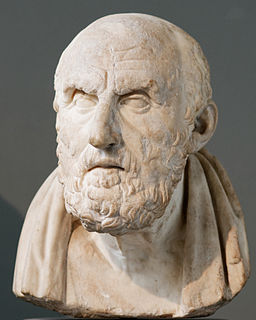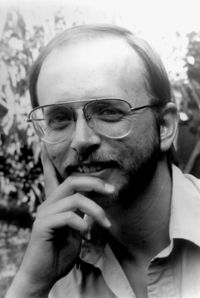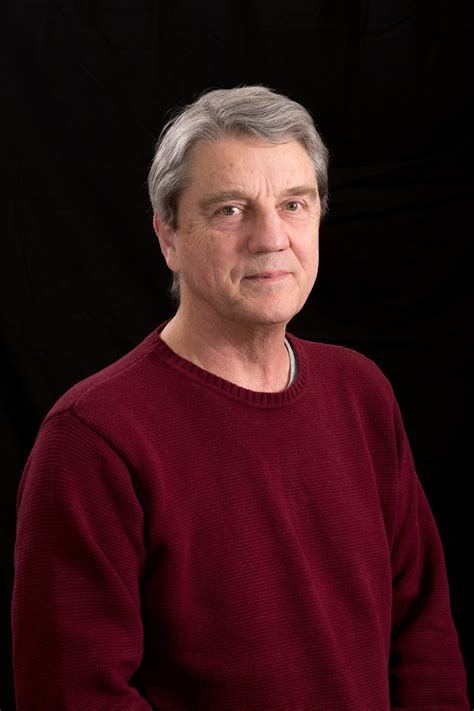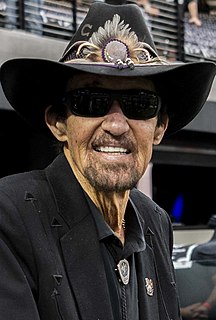A Quote by Ralph Waldo Emerson
Tis weak and vicious people who cast the blame on Fate. The right use of Fate is to bring up our conduct to the loftiness of nature.
Related Quotes
Fate is a misplaced retreat. Many people rationalize an unexplained event as fate and shrug their shoulders when it occurs. But that is not what fate is. The world operates as a series of circles that are invisible, for they extend to the upper air. Fate is where these circles cut to earth. Since we cannot see them, do not know their content, and have no sense of their width, it is impossible to predict when these cuts will slice into our reality. When this happens, we call it fate. Fate is not a chance event but one that is inevitable, we are simply blind to its nature and time.
Where is fate and who is fate? We reap what we sow. We are the makers of our own fate. None else has the blame, none else has the praise. We make our own destiny.
The Christian is not to become a Hindu or a Buddhist, nor a Hindu or a Buddhist to become a Christian.
Each must assimilate the spirit of other religion and yet preserve his individuality and follow his own law of growth.
Fate rules. You follow the steps and you plan and you work. Then fate slips in laughing and makes fools of us. Sometimes we can trick it or out guess it but most often its already written. For some its written in blood. That doesn't mean we stop, but it does mean we can't comfort ourselves with blame. It's easier to take the blame than to admit there was nothing you could do to stop whatever happened.
If you are blessed with great fortunes. . . you may love your fate. But your fate never guarantees the security of those great fortunes. As soon as you realize your helplessness at the mercy of your fate, you are again in despair. Thus the hatred of fate can be generated not only by misfortunes, but also by great fortunes. Your hatred of fate is at the same time your hatred of your self. You hate your self for being so helpless under the crushing power of fate.










































